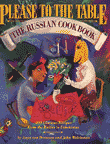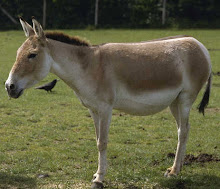 Admittedly, it's a bit lame to have two posts in a row on the same topic, especially months apart. Alas, that's how it is. But the good news is . . .
Admittedly, it's a bit lame to have two posts in a row on the same topic, especially months apart. Alas, that's how it is. But the good news is . . .The Mosaiqa.com shop is fully up and running -- you can buy either (or both) of two Roksonaki CDs (approx. $20 each including shipping), or if you prefer bits and pieces, individual tracks are available to download at $1.00 each. If you've listened to the various podcasts from Roksonaki's spring tour, you may already have your own favorites in mind; buy one, or buy the disc it's on. I've ordered the Nauryz CD, because it contains my favorite piece Akbayan (Lake Akbayan, or Lake White-something). I don't sing for an audience, but this is fantastically, hauntingly hummable. The Mosaiqa.com site is also a nice resource for info about traditional Kazakh culture (folktales and other info).
And here's my challenge -- listen to Akbayan, and then listen to Musicola's Ai-Bupyem (Lullaby) and see what you think. And then, rush to Mosaiqa.com and get some Roksonaki for yourself.

 This past Saturday (May 17), KZ "ethno-pop" trio Urker released
This past Saturday (May 17), KZ "ethno-pop" trio Urker released  The band has been leading up to the album release with a series of live performances -- Urker's Nauryz concert was their first live outing in five years, and on May 8 they played at London's Ministry of Sound music club, their first time to play Britain (
The band has been leading up to the album release with a series of live performances -- Urker's Nauryz concert was their first live outing in five years, and on May 8 they played at London's Ministry of Sound music club, their first time to play Britain (

















